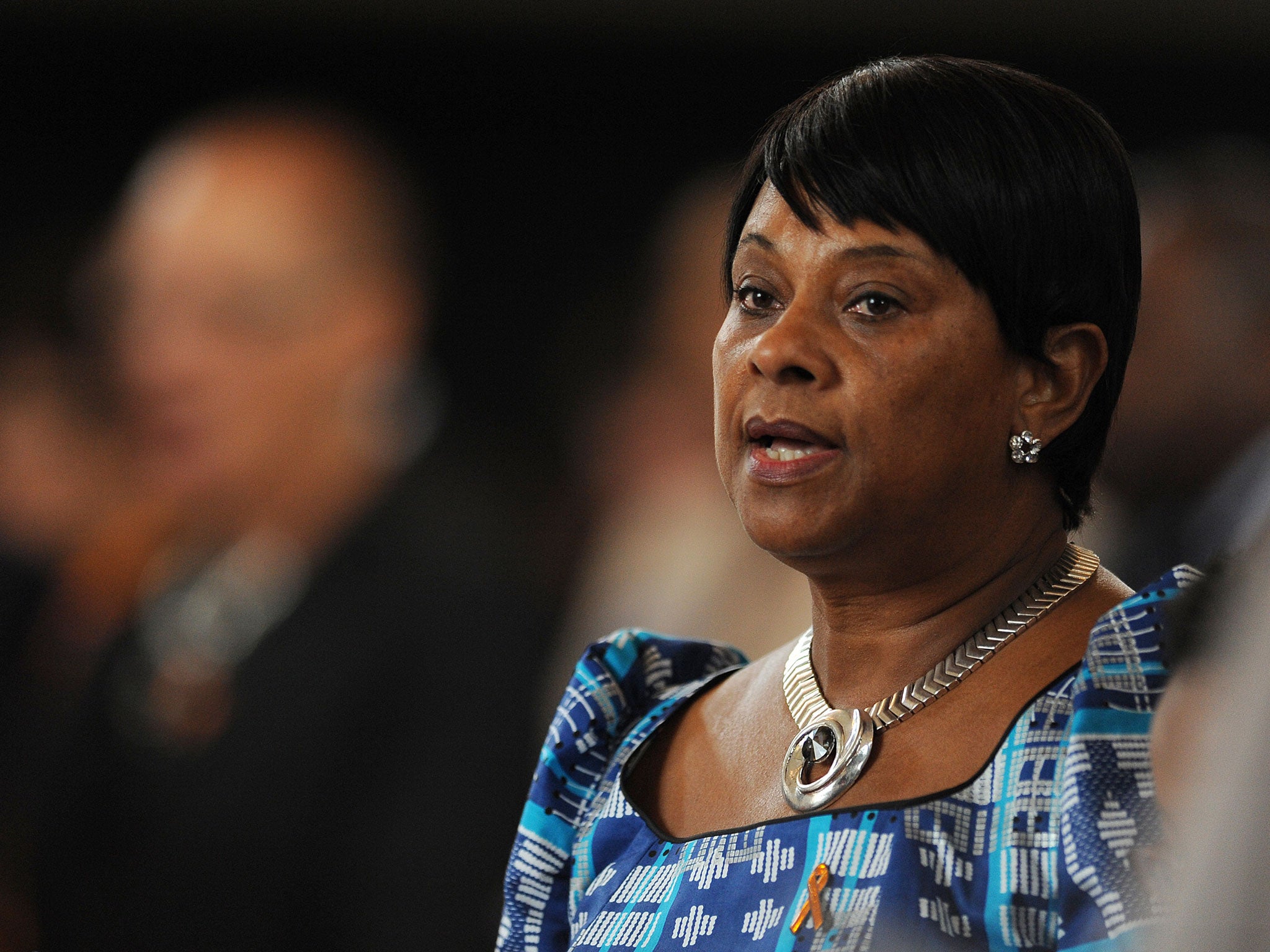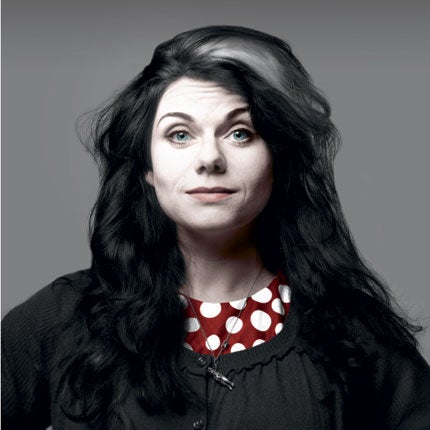Doreen Lawrence named ‘most powerful woman’ in the UK: Tireless anti-racism campaigner tops Women's Hour Power List
The baroness topped the Women’s Hour Power List, which did not contain a single female politician

Your support helps us to tell the story
From reproductive rights to climate change to Big Tech, The Independent is on the ground when the story is developing. Whether it's investigating the financials of Elon Musk's pro-Trump PAC or producing our latest documentary, 'The A Word', which shines a light on the American women fighting for reproductive rights, we know how important it is to parse out the facts from the messaging.
At such a critical moment in US history, we need reporters on the ground. Your donation allows us to keep sending journalists to speak to both sides of the story.
The Independent is trusted by Americans across the entire political spectrum. And unlike many other quality news outlets, we choose not to lock Americans out of our reporting and analysis with paywalls. We believe quality journalism should be available to everyone, paid for by those who can afford it.
Your support makes all the difference.Doreen Lawrence, the tireless anti-racism campaigner and mother of murdered teenager Stephen Lawrence, has been named the most powerful woman in the UK (scroll down to see the gallery list in full).
The Baroness’ son was just 18 when he was stabbed to death by a group of white youths in an unprovoked racist attack as he waited at a London bus stop on 22 April 1993.
It took her a further 18 years to bring the two killers to justice.
Home Secretary Theresa May, who was the 2013 winner of the Women’s Hour Power List, paid tribute to Lawrence’s "strength" and "persistence" as she revealed the news during a special programme on BBC Radio 4.
"Faced by a terrible tragedy, she picked herself up and carried on fighting to ensure that justice could be done, and the fight still continues," May said.
"What is most striking about this woman is the great strength that she has shown over decades - strength to carry on, to keep on going, even in the most difficult times when all seemed impossible.
"Also striking is the persistence that she has shown, because she has never given up. And finally, what is most impressive about this game-changer is that throughout it all, over the years, despite blow after blow, she has dealt with everything with absolute dignity."
The list of 10 "game-changing" women also included key campaigners for women’s issues, including genital mutilation (No.6 - Nimco Ali and Leyla Hussein), as well as child poverty (No. 5 - Girlguiding Julie Bentley) and cancer specialists (No.3 - Professor Nazneen Rahman).
Feminist author and journalist Caitlin Moran was perhaps a surprise entry; she was named the tenth most powerful woman in the UK. As was CEO of the TalkTalk Group, Dido Harding, the seventh most powerful woman in the UK.

"It was no easy feat to come up with just 10 women who have 'changed the game' - so we had to develop a thesis," chair of the judging panel, journalist Emma Barnett, said.
"The ambition for this year's list was to capture a snapshot of a moment in time - of those particular 'games' in 2014 that need changing and the women making a real difference in those fields.
"FGM is now taken seriously by politicians, while internet safety and child poverty are among the biggest problems society faces, and we have highlighted the women leading the charge to make sustainable changes in these areas and seven others."
Liz Bingham, managing partner at Ernst & Young, Reni Eddo-Lodge, a writer and campaigner, Heather Rabbatts, non-executive director of the Football Association and journalist Rachel Johnson were also on the panel.
See the list in full by clicking through the gallery above.
Join our commenting forum
Join thought-provoking conversations, follow other Independent readers and see their replies
Comments